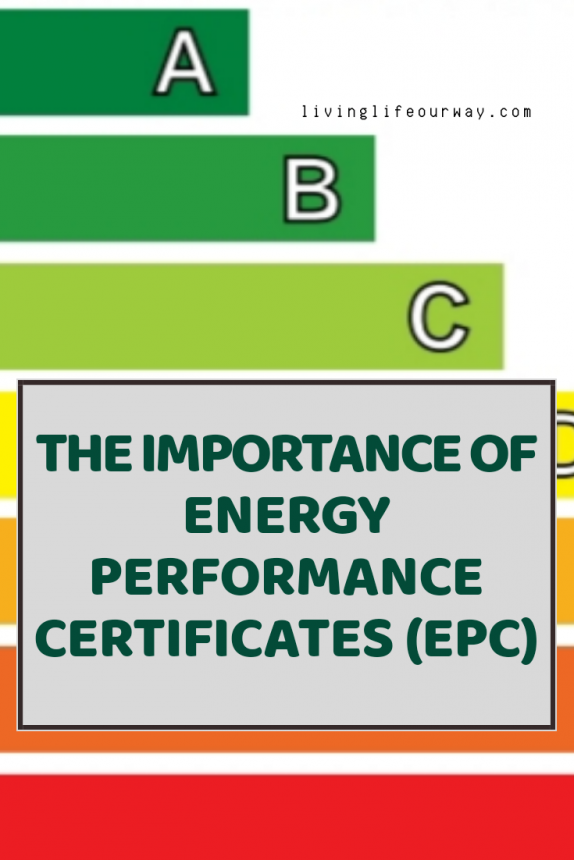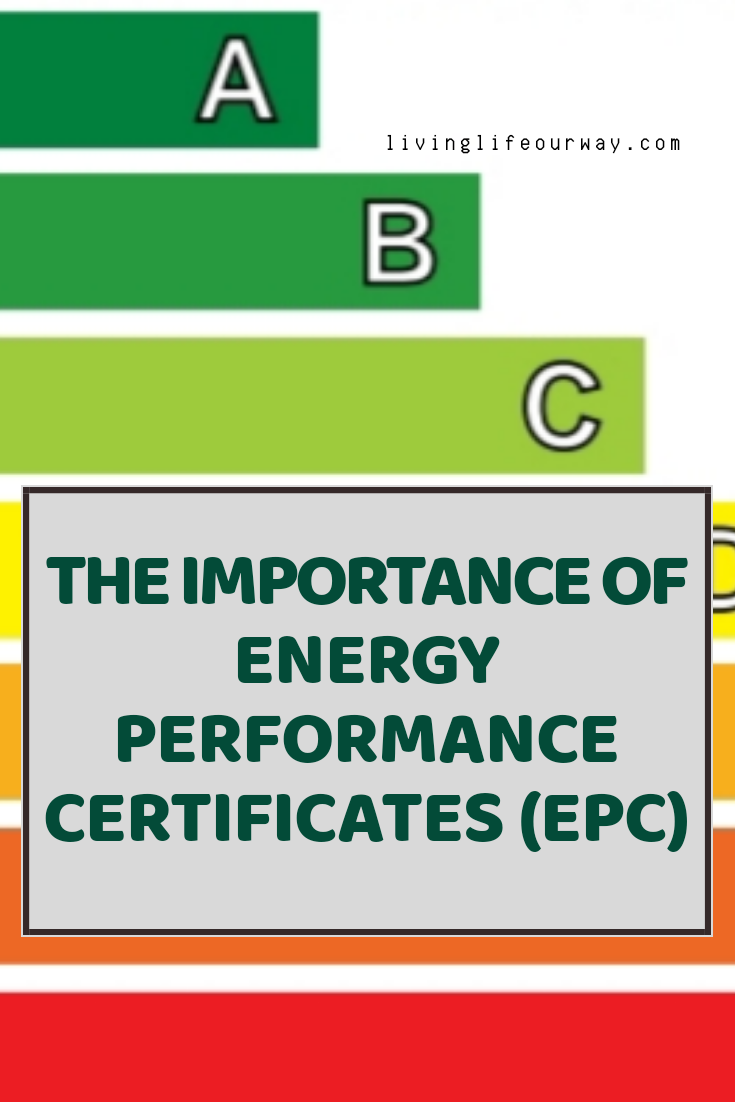Energy Performance Certificates (EPC) are a legal requirement for anyone building, selling or renting a property (with some exceptions). However, beyond simply being a necessity, they are actually very useful to help you understand how energy efficient your home is and what can be improved on. The certificates show clear action points, broken down into cost of investment. If the recommendations are followed, this in turn can help save money on energy costs and make your home more eco-friendly.

You can look up EPCs of other properties, in order to compare energy performance with similar homes, for free on the EPC register. You will also have been supplied with an EPC for your own home prior to moving in, unless you have lived there since before they came into force.
I looked through mine, which is now due for renewal, as they expire after a decade. It is very informative. For example, my home is rated D (on a scale of A-G) which is average. It is good in some aspects, according to the certificate, but it is poor on main heating controls, for example. It then gives lower cost measures to improve my home, a list of non-cost simple actions that be done to save money and reduce environmental impact, and a higher cost recommendation to invest in a better central heating unit.
To better understand the importance of this heating unit recommendation though, bare in mind that in a typical UK household, more than half of the fuel costs are for providing heating and hot water. Therefore an efficient heating system is essential, and a key step to reducing carbon dioxide emissions, as well as your energy bill.
As is the case for many homes in the UK, mine is a central heating system, with a boiler that runs on mains gas. I use a clean energy company for both my gas and electricity too, to try to be more environmentally- friendly.
As well as recommendations written on the EPC, I found some further suggestions on Energy Saving Trust and other websites for further energy-saving improvements to gas central heating systems too:
• Replace your boiler with a newer model. This is especially important if you don’t have a condensing boiler, as these are most efficient.
• Make sure the heating control unit allows you to decide specifically where and when you want heat.
• Switch to renewable technologies for generating energy to your home, or at least choose a green energy company to supply your home.
• Make sure your home is well insulated and draught-proofed.
So whilst EPCs might seem like an inconvenience and unnecessary cost, they are actually very useful. Paying attention to the information, and perhaps making some investments, can offer long term gain on both reducing your bills and impact on the environment too.
*This is a collaborative post.

